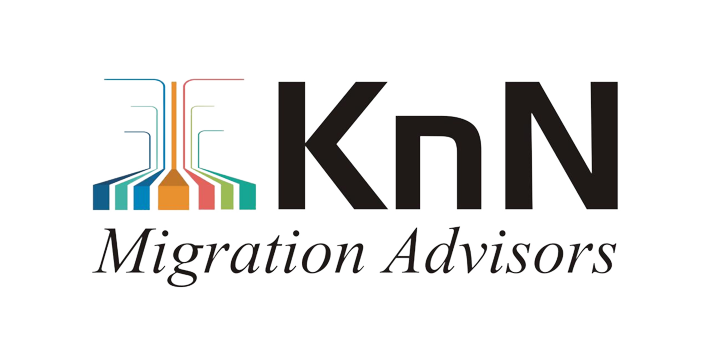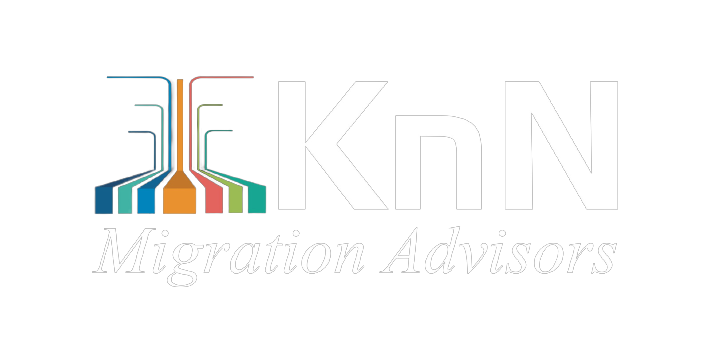
Have Any Question
+61-482029982
Send Your Mail
info@knnmigration.com.au
- Home
- About Us
- Migration
- Visa Types
- General Skilled Migration Visas
- Employer Sponsored Visas
- Student & Graduate Visas
- Partner Visas
- Parent and Family Visas
- Visitor and Other Visas
- Visitor Visa 600
- Electronic Travel Authority Visa 601
- Work Holiday Visa 462
- Child Offshore Visa 101
- Child Onshore Offshore Visa 802 101
- Remaining Relative Visa 115
- Adoption Visa Subclass 102
- Aged Dependent Relative Visa Subclass 114 and 838
- Carer Visa Subclass 116 and 836
- Temporary Work Visa Subclass-403
- Skill Assessment
- Skill Visa Point Calculator
- Review & Appeals
- Visa Types
- Education
- Blog & News
- Contact Us
Child Offshore Visa
Your Guide to the Child Offshore Visa

What is the Child Offshore Visa?
The Child Offshore Visa, also known as the Subclass 101 Visa, is designed for children who are outside Australia and wish to join their parent(s) who are Australian citizens, permanent residents, or eligible New Zealand citizens. This visa allows the child to live in Australia permanently. The child can travel to and from Australia as many times as they want for 5 years from the date the visa is granted. This is if this visa’s travel facility remains valid.
(If the child wants to travel after the initial 5-year travel facility: they will need to apply for and be granted a Resident Return (RRV) visa so they can re-enter Australia as a permanent resident.)
Adopted children
To be granted this visa, an adopted child must have been adopted before they turned 18 by a parent who was not an Australian citizen, permanent resident or eligible New Zealand citizen at the time of adoption. A child adopted before they turned 18 by a parent who was already an Australian citizen, permanent visa holder or eligible New Zealand citizen at the time of adoption might be eligible for an Adoption visa (subclass 102).

Benefits of Child Offshore Visa
- Permanent Residency: Grants the child permanent resident status in Australia.
- Education and Healthcare: Access to Australia’s education system and public healthcare (Medicare).
- Pathway to Citizenship: Provides a pathway to Australian citizenship.
Requirement | Description |
Sponsorship |
|
Age Requirements |
|
Marital Status | The child must not be married, engaged, or in a de facto relationship. The Australian government requires proof of the child’s single status, which can include documentation such as an affidavit or statutory declaration. |
Health and Character Requirements | The child must meet Australia’s health and character requirements. (The health examination is conducted by a panel doctor approved by the Australian government.)
Character requirements generally involve providing police clearance certificates from each country the child has lived in for 12 months or more in the past 10 years after turning 16. |
Best Interests of the Child | The visa will not be granted if it is determined not to be in the best interests of a child under 18. This involves assessing whether granting the visa aligns with the child’s welfare and overall well-being. |
For further details and updates, always refer to the official Australian government website.
Application Process
Applying for the Child Offshore Visa (Subclass 101) involves several steps and requirements. Here is a detailed guide to help you understand the process and ensure a successful application:
1. Sponsorship Application
The first step in the application process is for the sponsoring parent to lodge a sponsorship application. This involves:
- Eligibility of the Sponsor: The sponsoring parent must be an Australian citizen, permanent resident, or eligible New Zealand citizen.
- Sponsorship Form: Complete the necessary sponsorship form, which can be found on the official government website.
- Supporting Documents: Provide evidence of your relationship with the child, such as birth certificates, adoption papers, or other legal documents.
- Commitment: The sponsor must commit to providing financial support and accommodation for the child for their first two years in Australia.


2. Visa Application
Once the sponsorship application is lodged, you can proceed with the visa application for the child:
- Application Form: Complete the visa application form, which can be submitted online through the ImmiAccount or via paper submission.
- Application Fee: Pay the required visa application fee. The fee is subject to change, so check the latest fee structure on the government website.
- Detailed Information: Provide accurate and comprehensive information about the child and the sponsoring parent.
3. Documentation
Supporting documents are crucial for the visa application. Ensure you gather and submit the following:
- Child’s Birth Certificate: An official birth certificate to prove the child’s identity.
- Parental Citizenship Status: Proof of the sponsoring parent’s Australian citizenship, permanent residency, or eligible New Zealand citizenship.
- Dependency Evidence: Documentation showing the child’s dependency on the sponsoring parent. This could include school records, financial statements, or medical reports.
- Health Assessments: The child must undergo a health examination conducted by an approved panel physician.
- Character Assessments: Provide police clearance certificates or equivalent for the child if they are above a certain age (usually 16).


4. Processing Time
The processing time for the Child Offshore Visa (Subclass 101) can vary based on several factors:
- Completeness of Application: Ensure that all required documents and information are provided to avoid delays.
- Health and Character Checks: Timely completion of health and character assessments can impact processing time.
- Current Backlog: Processing times can fluctuate based on the number of applications being handled by the Department of Home Affairs.
For the most up-to-date information on processing times, refer to the official government website.
Additional Requirements
Apart from the standard documentation and process, there are additional requirements that must be met:
- Best Interests of the Child: The visa application must be in the best interests of the child, especially if the child is under 18 years old.
- Consent: If applicable, provide legal consent from the child’s other parent or legal guardian for the child to migrate to Australia.
- No Debts to the Australian Government: Ensure that the sponsoring parent does not have any outstanding debts to the Australian government.
By meticulously following each step and ensuring all requirements are met, you can facilitate a smoother and more efficient application process for the Child Offshore Visa (Subclass 101).

Additional Information

Costs
The visa application fee is subject to change, so refer to the official Australian government website for the most current information.
Current Updates
For the latest updates on the Child Offshore Visa (Subclass 101), including changes in processing times and application fees, always refer to the official Australian government website.
Contact us today for a free consultation!
KnN Migration’s experienced team will guide you throughout the process, ensuring a smooth journey.
FAQs
The Child Offshore Visa (Subclass 101) is a visa that allows children outside Australia to join their Australian citizen or permanent resident parent(s).
The child’s parent or the parent’s partner who is an Australian citizen, permanent resident, or eligible New Zealand citizen can sponsor the visa.
The child must be single, under 18 years, a dependent full-time student between 18 and 25 years, or over 18 and dependent due to a disability.
Processing times vary. Check the latest updates on the official government website.
Required documents include the child’s birth certificate, evidence of the sponsoring parent’s citizenship or permanent residency, and proof of dependency.
Yes, there is an application fee. Refer to the official government website for the most current fee structure.
Yes, the child can work in Australia once they receive the Child Offshore Visa (Subclass 101).
Benefits include permanent residency, access to education and healthcare, and a pathway to Australian citizenship.
Applications can be lodged online or by paper. Ensure all required documents are submitted.
For detailed information and updates, visit the official Australian government website.
Contact KnN Migration!
Our team of experts can assess your eligibility, guide you through the application process, and ensure a smooth journey towards your Australian dream.

Disclaimer
The details shared above were accurate as of July 2024, but it’s important to note that migration regulations change over time. This information is meant for general understanding and should not be taken as legal advice. Keep in mind that information can change, so reach out to us for the latest guidance tailored to your situation. We look forward to assisting you!

Phone
+61-482029982
info@knnmigration.com.au
Location
Castle Hill, NSW - 2154